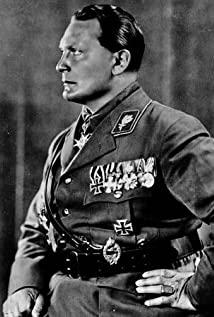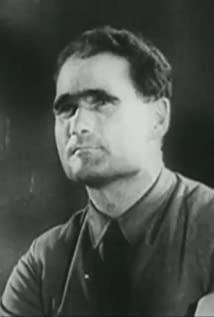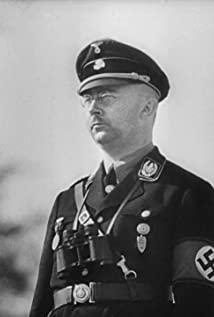The "problem/solve" model has changed a bit here. A series of speeches by Nazi leaders about the state of chaos in Germany after the First World War, at the same time that these men began to advertise themselves, their party, and of course, Adolf Hitler above all, as washing away the national disgrace and the strength to solve the recession problem. The film obscures the truth of the problem; instead, it spends a lot of space and desire to make audiences (especially German audiences in the early 1930s in Nazi rule) recognize the Nazis' efforts to restore the past, and promote the audience to believe that the Nazi Party and the Its leaders can rebuild Germany and put it on a path to recovery and prosperity. The filmmakers thought that people at the time would be soberly aware of the nature and seriousness of the issue. More crucial to the film's eloquent power is the film's director, Leni Riefenstahl, than archival material documenting Germany's defeat in the First World War. The film's review of the contents of the Treaty of Versailles, which disgraced Germany, or the display of evidence that the country was in trouble due to severe inflation, are vivid portrayals of the Nazis and Hitler.
--Bill Nichols, "Introduction to Documentary"
View more about The Triumph of the Will reviews











